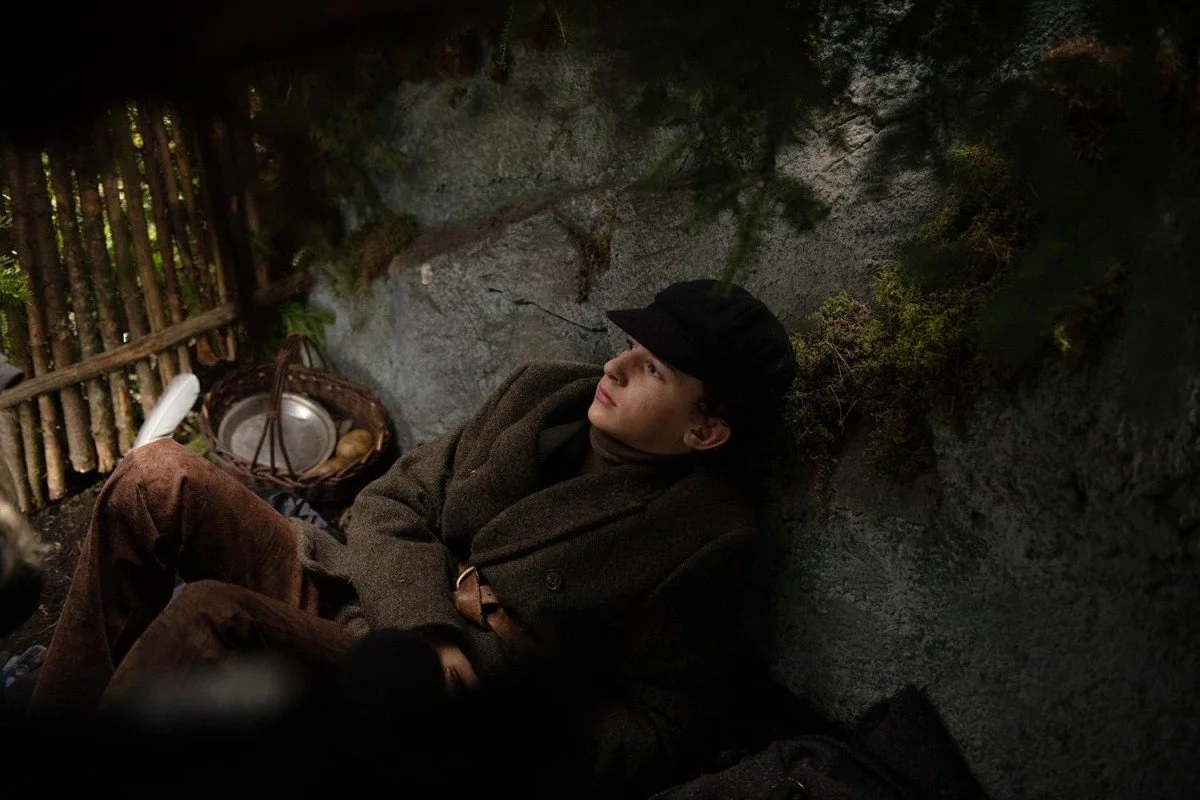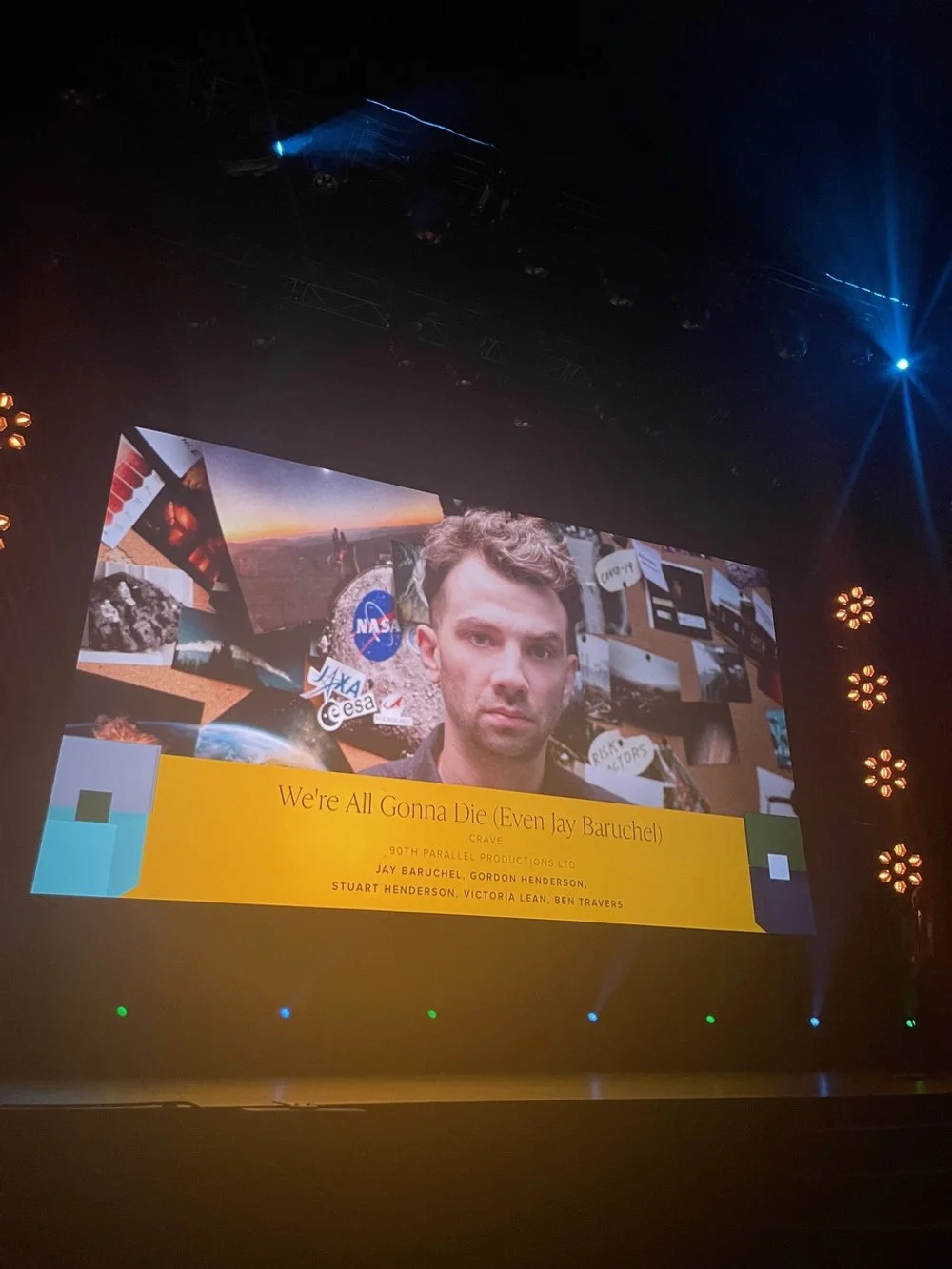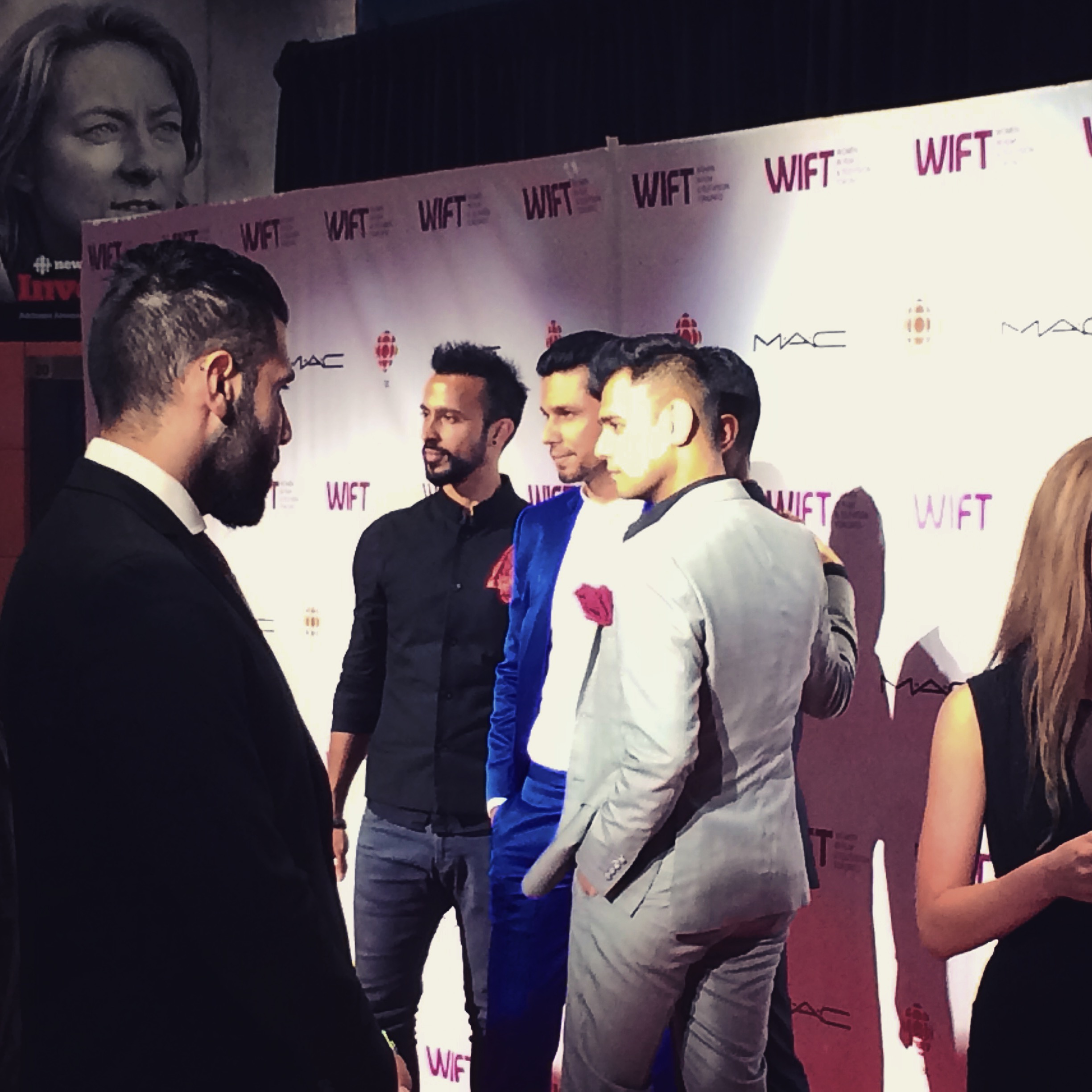Today I was looking through my subscriptions online, TIFF / MUFF / DOC / WIFT / CCE / Criterion Collection. I love getting e-newsletters.
In the MUFF letter, particularly, I came across an article in The Times, about Women Directors.
The article was laid out beautifully, with portrait photography on a clean white backdrop of many Hollywood directors who are indeed women. The writing is clear, concise, and positive. It is not about condemning society or men for that matter, it is about recognizing the gap and bridging it through discussion, recognition, and change. We have to be the change to see the change!
Here is my favourite part:
"Leslye Headland is a 34-year-old writer and director who was in the same 2012 Sundance class as Trevorrow, with the movie version of her scorching Off Broadway play, ‘‘Bachelorette.’’ She bristles with ambition to do everything he is doing. Sitting in a red leather banquette at the Monkey Bar in New York, Headland told me she wants to be a Martin Scorsese, and ‘‘not just the female Martin Scorsese.’’ She wants to direct a James Bond movie, ‘‘even if I have to marry someone to get British citizenship.’’ She wants to make films in which women behave badly and are not held to a higher moral standard or seen as ‘‘less than.’’ She wants to look cool in magazine pictures so that ‘‘little girls will put female filmmakers on their Pinterest boards.’’ (Maureen Dowd, Nov. 20th, 2015, NY Times Magazine)
Can you imagine a society where a women in a power position is COOL. Man, I am on cloud 9 right now just thinking about it.
I shall end this with shock value, here re the blaring stats:
"In both 2013 and 2014, women were only 1.9 percent of the directors for the 100 top-grossing films. Excluding their art-house divisions, the six major studios released only three movies last year with a female director." (Maureen Dowd, Nov. 20th, 2015, NY Times Magazine)
Let's start championing directors equally. Not because they are men and not because they are women. But equally. By talent. Then we are levelling the playing field and creating a society that values success over gender. Film for thought!
- Jenn










